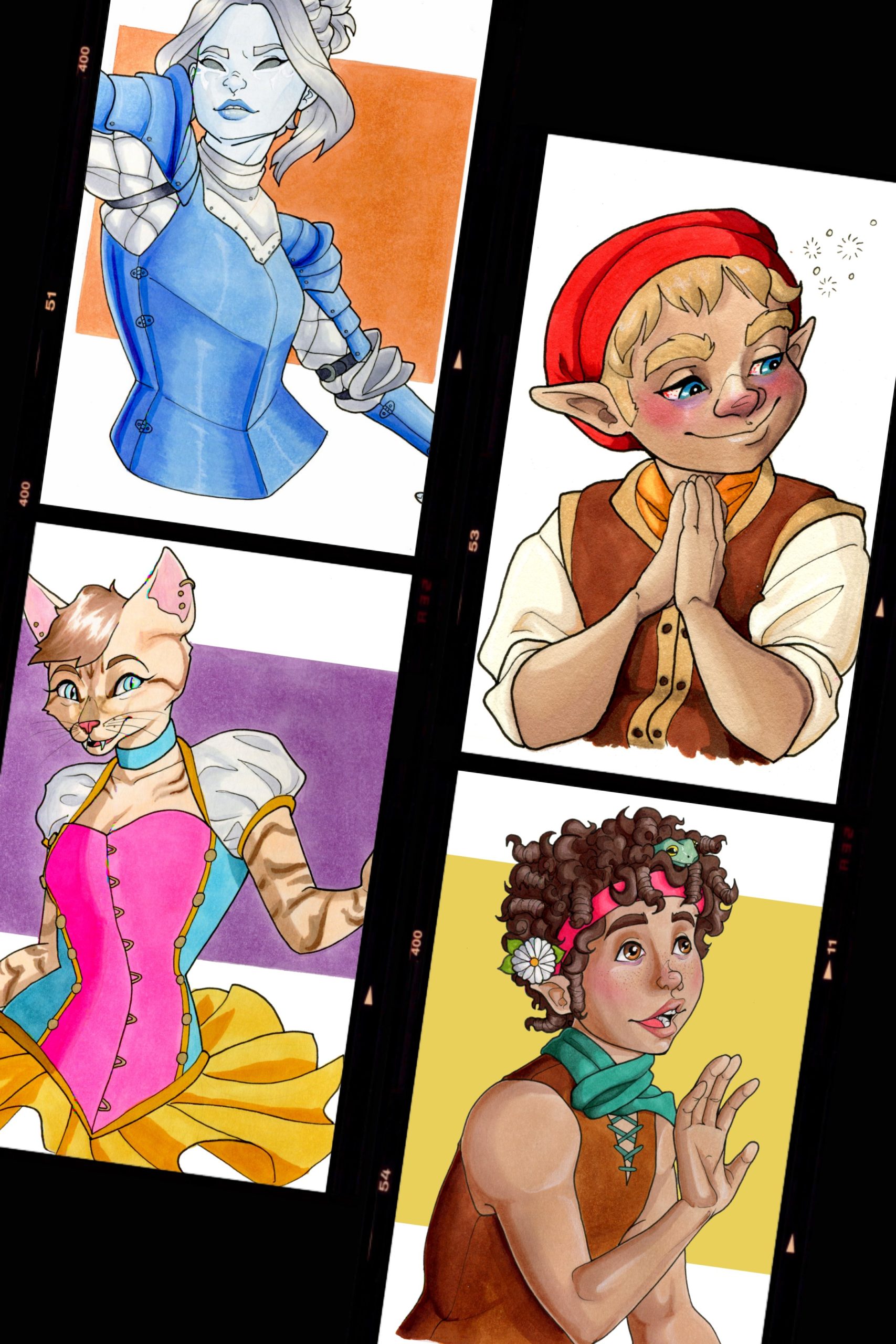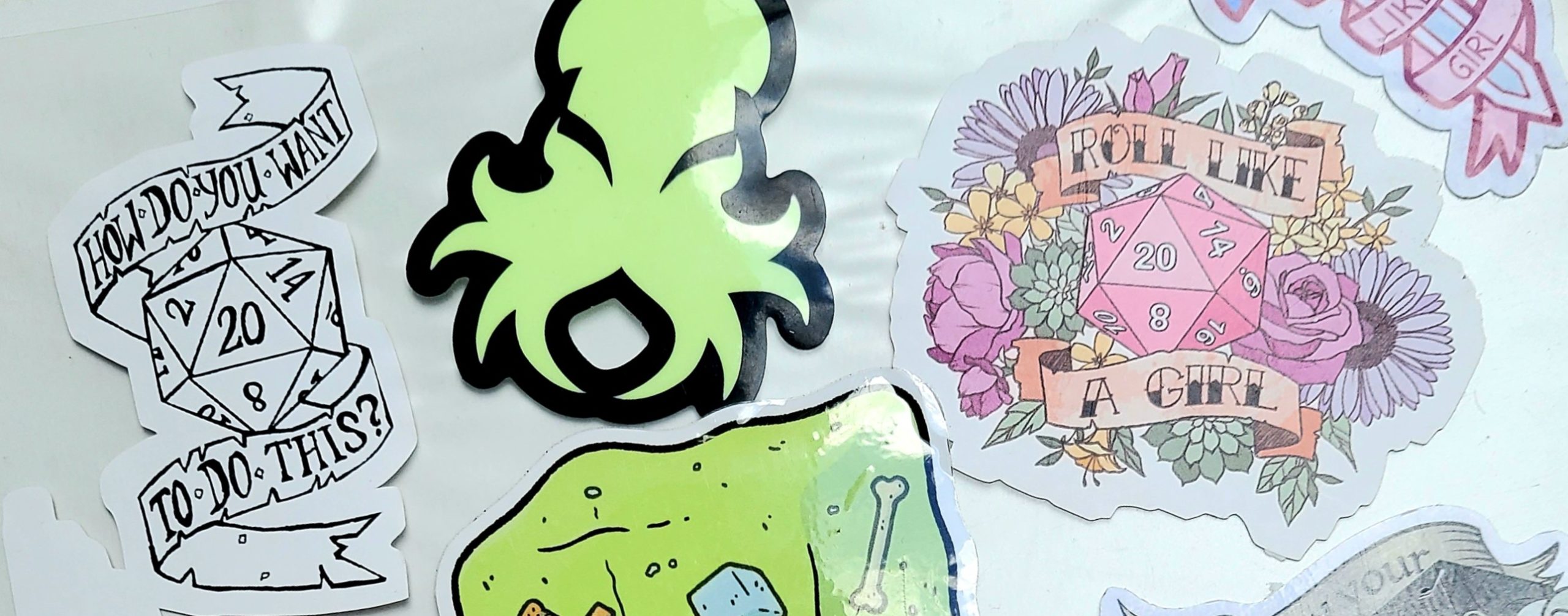Playing a roleplaying game like Dungeons and Dragons for the first time can be extremely intimidating. First of all, there are all these books. Which ones do you need? Then in those books there are a ton of rules, races, classes, equipment, and monsters! Plus people who play these games have dice, trays, tokens, miniatures, and more. Next we’ve got the whole interacting with other people thing. And did I mention that there is math!? Okay, let’s all just slow down; stop and take a few deep breaths. Don’t worry, none of this is actually all that scary. Sit back and relax, I’m going to run you through some Dungeons and Dragons tips for new players that are sure to help you ease in to the wonderfully weird world of roleplaying.
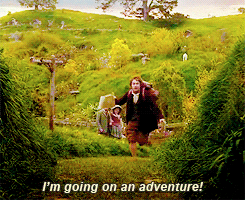
Starting Out – Find People to Play With!
Okay, so you’ve decided your going to try out D&D. Forget about all that scary stuff I said in the first paragraph, for starting out none of that even matters. Honestly, to get started all you need is a couple of other people. People who’ve played before would be ideal but if you’ve got a small group of newbies you can totally learn to play together from scratch! So let’s take a look at two possibilities:
1. Join experienced players
If this in an option for you, awesome. Experienced players will come with a wealth of knowledge and assistance. In this case you will have someone who likely has access to all the materials you will need to get started playing the game. Don’t be afraid to ask them questions, most experienced D&D players will be more than happy to help.
If you don’t know any local players, or prefer online interactions, there are many online communities and groups that encourage new players and help them find other players. Check Dungeons and Dragons groups on Facebook, Reddit, and other social media platforms!
2. Create a group with other newbies.
Grab a couple of your friends and dive into D&D together! The fifth edition of Dungeons and Dragons is the most new player friendly version of the game that’s ever been released. To that end, Wizards of the Coast provides free Basic Rules on their website, making it easy for new players to get their feet wet! The Basic Rules will guide you through character creation, learning how to play the game and learning how to run the game. One thing it is lacking is an adventure for new players to attempt.
There are also a couple of low-cost entry points for people who want to test out the game, the Starter Set and the Essentials Kit. Both of these bundles offer good starting points for new players or groups. Both include basic rules, dice, and an adventure, beyond that they vary slightly. It’s worth noting that the Essentials Kit includes rules for playing D&D with only two people, where the Starter Set is designed for at least five.
Also, in this scenario, one of you will have to learn the role of Dungeon Master. The Dungeon Master is the person who runs the game, guiding the narrative, maintaining the game world, and adjudicating player actions. Their role is a little outside the scope of this post, but feel free to reach out if it is something you need assistance with.
Creating Characters
To play any roleplaying game, you need to have a character. Your character is the person that you are within the game world. Sometimes players will use a premade character, some are even included in the D&D Starter Set and on the D&D website, but most people like to create their own characters.
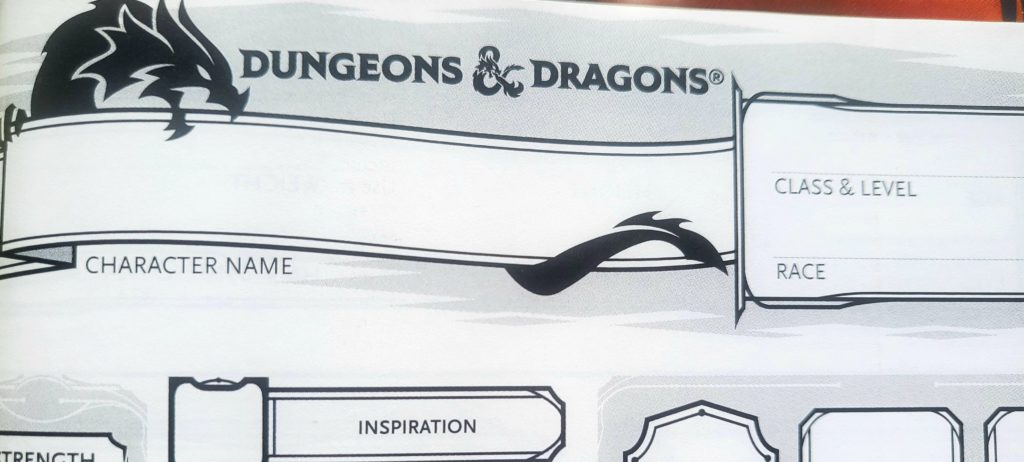
When I am creating a character, I typically decide on a basic concept first. What do I want my character to be in a general sense? Perhaps a wise travelling monk, a stoic and quiet fighter, a gentleman thief, or a retired investigator? The possibilities are endless. They can also feel extremely daunting.
There are a couple of different ways to approach your first character. If you already have an idea what you want your character to be, that’s great! If you don’t, then there are two approaches I often suggest to new players. First is to skim through the classes and races available, and see if there is something in particular that interests you. Second is to pick an existing character you like from a book, movie, video game, etc., and use them as the basis for your character. Drawing inspiration from your favourite media is a great way to feed your own creativity (read more about that here). From there, you choose the race/class combination that best fits what you want the character to be able to do.
Once you have your character concept, then you can follow the step by step character creation guides available in the Basic Rules, Starter Set, Essentials Kit, or Players Handbook.
Playing the Game
Okay, so you’ve found some people to play with and you’ve created a character. Now it’s time to actually play some D&D! To be honest, those first two are the hard parts. Now we mostly just charge forward into fun. Here are some tips from Epic Fred to you, to help you as you enter the wonderful world of Dungeons and Dragons.
- Just try things, be creative! D&D is freeform, which is to say you can try and do anything! The Dungeon Master will tell you what to roll and what your level of success is.
- Don’t be afraid to ask questions, or if you are all new players, consult the rules/internet.
- Interact with other characters, NPCs, and the in-game world.
- Don’t be afraid to try and be your character. It’s a ROLEplaying game, try and embody your role to whatever level you are comfortable.
- Communicate! If you are confused, if you need help, if you don’t like something that’s happening in the game, etc. Communicating with your fellow players and Dungeon Master is the best way to keep everything flowing smoothly.
- You don’t need to know all the rules, you don’t even need to know most of the rules.
- Also, speaking of rules, just get out there and have fun. The rules are simply a set of guidelines to help with that.
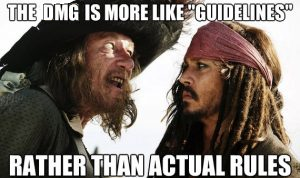
Those are some of the best tips I have to offer someone just getting started with roleplaying games. If it interests you, you could also look up some live-play podcasts or video streams (such as, the popular, Critical Role). Just keep in mind that home games do not need to-and typically will not-be the same as professional games. Try to keep your expectations reasonable.
If you’ve enjoyed these tips and would like some more information on improving your D&D game, be sure to check out my Do’s and Don’ts of D&D.

